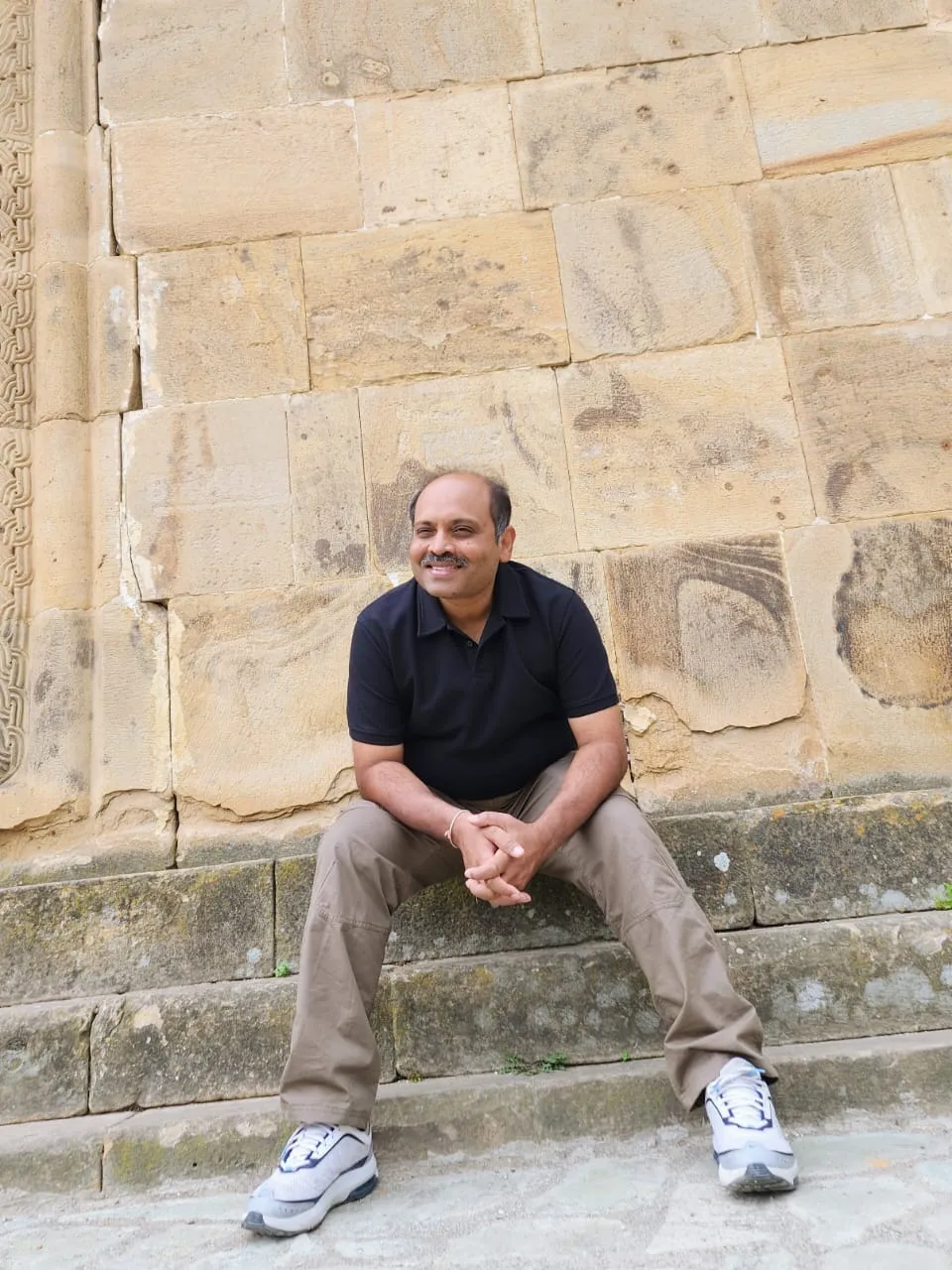Are you prepared to play safe the Second Innings of your life?
With India having a rich tradition of respect and care for the elders, there is little need to diligently plan for the retirement. It is generally presumed that the extended family would take care of the financial responsibility for the older generation. But now with globalization (new opportunities around the world) and breaking apart of the joint family system, suddenly older Indians have become more responsible for their individual retirement security.
The main criterions to bear in mind while planning for the twilight phase of one’s life are security and stability of returns, liquidity, capital preservation and lower risks. One needs to plan for every need and contingency. Liquidity assumes great significance. With no salary or business income to fall back upon, the portfolio should be designed in such a manner that it provides a cushion for the regular expenses. Bank saving accounts give a nominal interest of 3.5% but they offer great liquidity as money can be withdrawn at any time.
Medical expenses generally increase in retired life which can be adequately covered by taking mediclaim policy. Budget 2007 provides for an increase in exemption limit on medical insurance premium for senior citizens to Rs. 20,000. Besides this, one needs to provide for medical emergencies.
For those with excess space, rental income is another good fixed income avenue as a standard deduction of 30% is allowed. If a company lease is entered into in respect of the residential property, the prospects of getting it vacated on expiry are brighter.
The concept of ‘Reverse Mortgage’ introduced in Budget 2007 provides a monthly income stream to senior citizens who by mortgaging their house (while remaining the owner and occupying the house throughout their lifetime) continues to earn interest on the loan received by them.
Besides the regular income, one also needs to plan for the long term needs such as travelling, gifts for grand children, home improvements or simply to make daily life more comfortable. Bank Fixed Deposits, Bonds, Equities and Mutual Funds are good options for investments. But equity being a high risk investment, should occupy a modest proportion in the portfolio. Equity oriented and monthly income plans of mutual funds are safer to play. It should be ensured that proper nominations have been made in all investments.
It is also the right time to think towards preparation of the will for smoothing the succession planning. It will avoid the disputes and ease the tax matters for the successors. The Will should be registered to avoid hassles later on.
The senior citizens should plan their investments and taxes keeping in mind the provisions laid down in the Budget. Budget 2007 envisages that the total income of senior citizens from all sources except short term capital gain will be tax free up to Rs.1,95,000. Beyond that the following rates would apply:
Income slab INR 1,95,001 to 2,50,000 - Tax Rate 20% Income slab INR 2,50,001 and above - Tax Rate 30%
In addition, an education cess of 3% is calculated on total tax amount. Moreover, surcharge of 10% is payable if total income exceeds Rs.10,00,000.
The following two schemes by the government provide regular risk free income to retirees:
Senior Citizen Savings Scheme:
It is for individuals above the age of 60 yrs., those above 55 yrs are also permitted to invest subject to fulfillment of certain conditions. The minimum investment amount is Rs.1000 while the maximum limit is Rs.15,00,000. The scheme has tenure of 5 yrs and offers an interest of 9% p.a. payable quarterly. Premature encashment is permitted after one year from the deposit date. The interest is however taxable.
Post Office Monthly Income Scheme:
This scheme provides for a monthly payment of interest income on long term basis. The account can be opened at any post office in India. The minimum investment amount is Rs.1000 and the upper limit is set at Rs.3, 00,000 and Rs.6,00,000 for single and joint account respectively. The investment tenure is 6 yrs and offers an interest of 8% p.a. The interest is taxable.
Finally, retirement does not mean taking morning walks or lying on an arm chair and reading newspapers. Retirement also means occupying oneself in such activities which can give earning, pass the time and relieve from all physical and emotional worries. One can pass the time by pursuing one’s hobbies or finding a part time job or setting up a small business. The experience which has been gathered by the retirees all through their lives can be of immense value to organizations and youngsters; they can begin freelance consulting with the organization they left or some other organization. This will enliven the entrepreneurial spirit in them and be beneficial to youngsters as it brings the life experiences to positive ventures.


